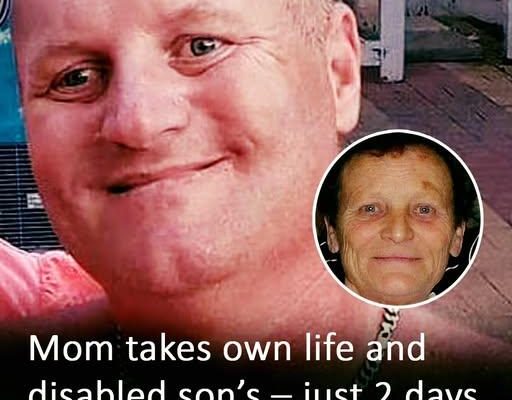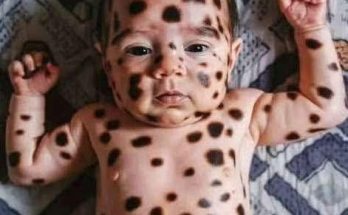Shirley Nunn’s Death Exposes Failures in Care for Families
The tragic death of Shirley Nunn has brought to light significant flaws in the caregiving system that many families rely on for support. Shirley’s passing, a heartbreaking event for her loved ones, is now at the center of a growing conversation about the gaps in the care services provided to families, particularly for those with elderly or vulnerable members.
Nunn, a mother and grandmother, was known for her vibrant personality and deep ties to her community. Her family, however, faced an uphill battle in securing adequate care for her in her later years. Despite seeking professional caregiving services, the family was left to navigate a system that failed to meet Shirley’s needs, leading to physical and emotional distress that ultimately contributed to her untimely death.
Investigations into Nunn’s case have uncovered disturbing shortcomings in the caregiving framework. Poorly coordinated services, undertrained staff, and a lack of resources have left families struggling to find quality care for their loved ones. In particular, the case highlights the overwhelming burden placed on families who are often left to make do with inadequate or inconsistent support.
For many families, the healthcare system has become a maze of red tape, limited options, and overwhelming costs. As the demand for care services increases, these systemic issues have become more pronounced, leaving families to shoulder the emotional and financial strain of ensuring their loved ones are cared for in their final years.
Shirley Nunn’s death serves as a painful reminder of the need for urgent reform in caregiving and support systems. It is crucial that policymakers and service providers listen to the voices of families, ensuring that every person, no matter their age or condition, receives the care and dignity they deserve in their final years. The Nunn family’s loss may become a catalyst for much-needed change, but only if it sparks a wider conversation about how we care for those who have cared for us.



